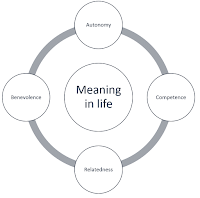Listening quality reduces loneliness through relatedness and autonomy

Recently, Itzchakov et al. (2023) examined the influence of listening quality on feelings of loneliness, especially in people who have shared an experience of social rejection. The researchers expected that high-quality listening, defined as behavior that conveys attention, understanding, and positive intentions, would have several positive effects on the person telling about the painful experience.







